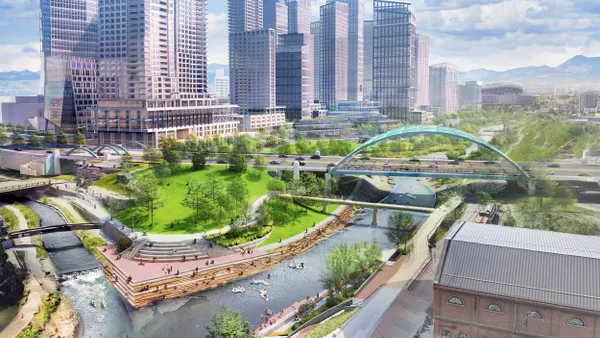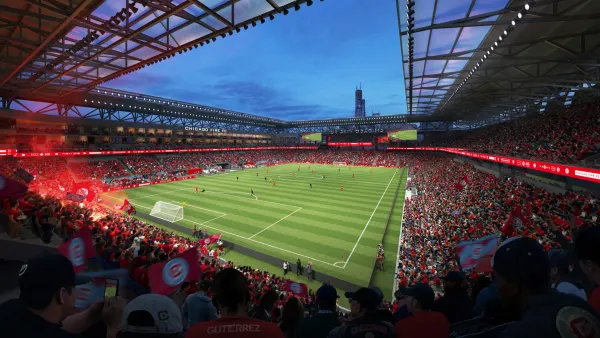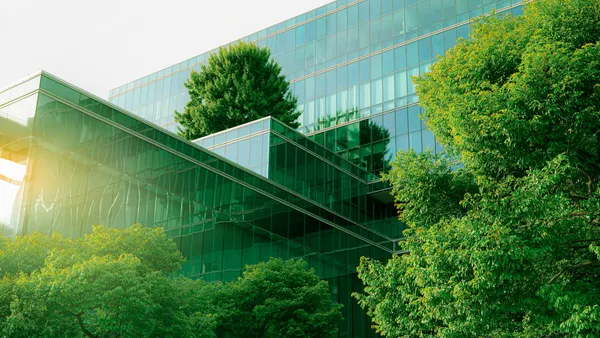Dive Brief:
- Reps. Doris Matsui, D-CA, John Sarbanes, D-MD, and Jeff Fortenberry, R-NE, introduced The Residential Energy and Economic Savings (TREES) Act this week, which would create a grant funding program at the Department of Energy (DOE) to offer homeowners or utilities free or reduced-cost tree-planting services.
- Modeled after the Sacramento Shade program, the bill's grant program would provide free or discounted trees to residential consumers; provide grants to utilities that partner with nonprofit tree-planting organizations or local governments on a program; prioritize tree-planting projects in disadvantaged communities; and create the "Arbor City of America" award, which each year would give a city $250,000 to support future green infrastructure efforts.
- Legislation to encourage tree-planting programs would help lower energy costs, reduce stormwater runoff and mitigate the effects of climate change, according to a release from Matsui's office. "Reforestation, particularly for frontline communities in urban areas, is central to comprehensive solutions that will address the climate crisis," Matsui said in a statement.
Dive Insight:
The Sacramento Municipal Utility District (SMUD) has assisted in planting more than 600,000 trees, and in doing so has reduced the city’s annual electricity use by enough to power more than 21,000 homes, Matsui, who represents the City of Sacramento, CA in Congress, said in a statement.
As cities look to battle the effects of climate change, more have looked to bolster urban forests as a way to reduce emissions. The likes of Chicago, Los Angeles and Washington, DC have all begun tree inventory surveys, while the Cool Streets LA initiative looks to plant trees as a cooling measure. And last summer, Los Angeles Mayor Eric Garcetti appointed Rachel Malarich as the first city forest officer.
Malarich told Smart Cities Dive at the time that the goal of planting 90,000 new trees across the city is ambitious, but with a renewed vigor among the urban forestry community, they can get it done.
There is a tough road ahead. The U.S. Department of Agriculture (USDA) Forest Service found in a 2018 study that the need for urban forests will continue to grow as cities expand their physical footprints and populations, yet they also found cities are losing 36 million trees a year, while impervious cover such as asphalt and concrete grow.
This legislation could help arrest that decline, especially it looks to provide grants to new tree-planting programs as well as existing ones. Disadvantaged communities, which recent research found to be hotter than others on average, could also benefit from a reduction in urban heat islands. Wendy Miller, president of the American Society of Landscape Architects (ASLA), said in a statement the bill "addresses the problem of environmental inequity."










